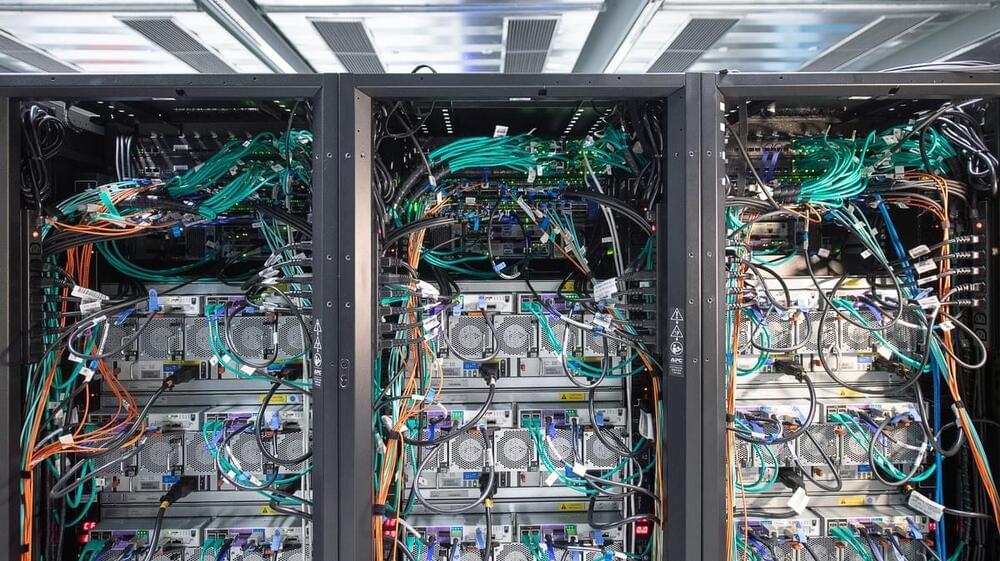Dramatic advances in quantum computing, smartphones that only need to be charged once a month, trains that levitate and move at superfast speeds. Technological leaps like these could revolutionize society, but they remain largely out of reach as long as superconductivity—the flow of electricity without resistance or energy waste—isn’t fully understood.
One of the major limitations for real-world applications of this technology is that the materials that make superconducting possible typically need to be at extremely cold temperatures to reach that level of electrical efficiency. To get around this limit, researchers need to build a clear picture of what different superconducting materials look like at the atomic scale as they transition through different states of matter to become superconductors.
Scholars in a Brown University lab, working with an international team of scientists, have moved a small step closer to cracking this mystery for a recently discovered family of superconducting Kagome metals. In a new study, they used an innovative new strategy combining nuclear magnetic resonance imaging and a quantum modeling theory to describe the microscopic structure of this superconductor at 103 degrees Kelvin, which is equivalent to about 275 degrees below 0 degrees Fahrenheit.






